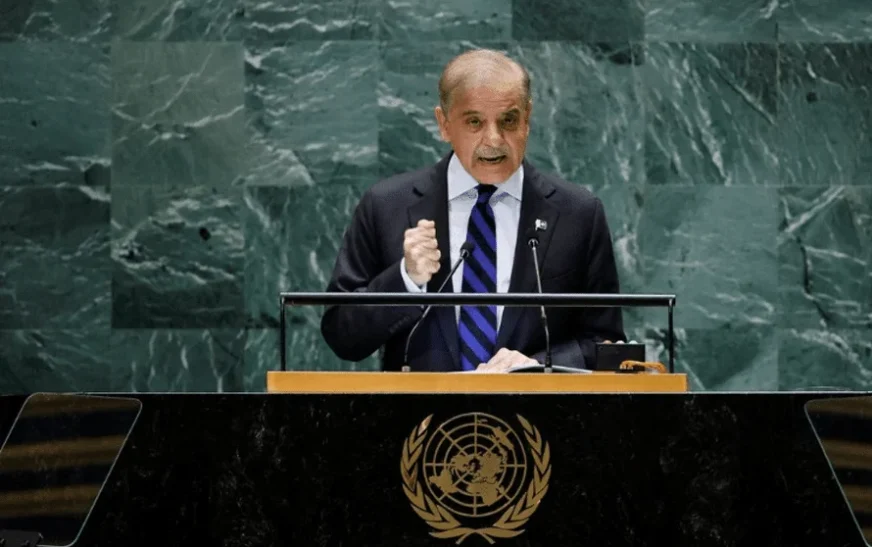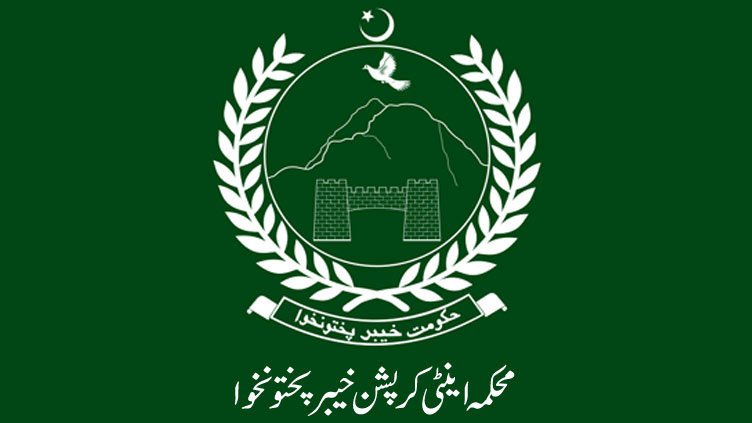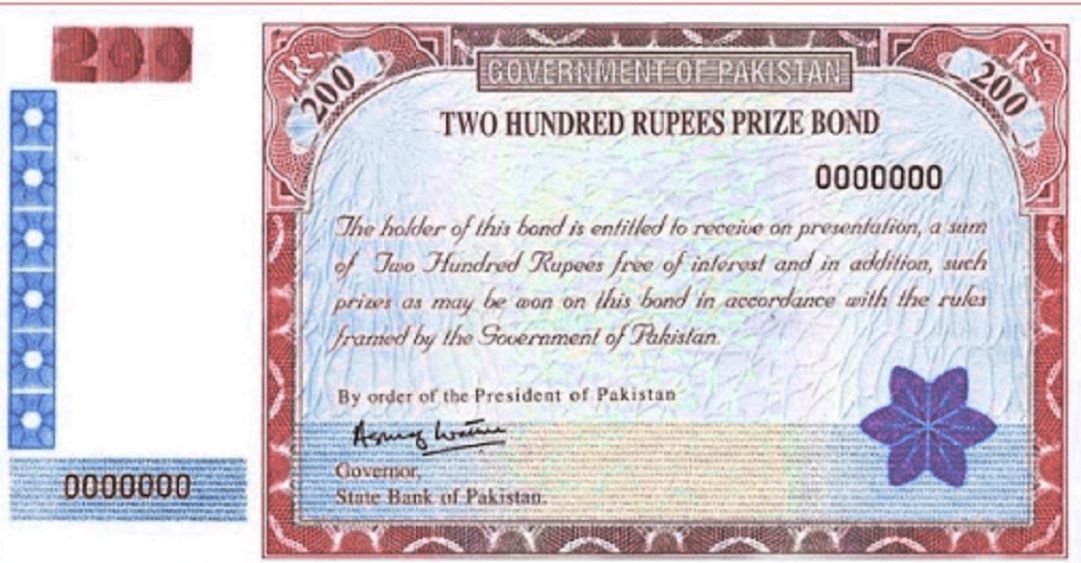In a powerful address at the 80th session of the United Nations General Assembly in New York, Prime Minister Shehbaz Sharif proclaimed that Pakistan had “won the war with India” and is now committed to seeking a lasting peace.
He spoke to world leaders about the “unprovoked aggression” Pakistan faced from its eastern neighbour earlier this year, emphasising how the country’s armed forces responded with “decisive actions and remarkable professionalism.”
Sharif asserted that India’s efforts were met with resistance, vowing that Pakistan will always safeguard its sovereignty in accordance with Article 51 of the UN Charter. He highlighted that despite being in a position of strength, Pakistan agreed to a ceasefire thanks to the “bold and visionary leadership” of former President Donald Trump, crediting this intervention for averting a larger conflict in South Asia.
Looking ahead, he expressed Pakistan’s willingness to engage in a “comprehensive and result-oriented dialogue” with India to address all unresolved issues. However, he issued a stern warning to New Delhi regarding unilateral actions related to the Indus Waters Treaty, describing any such move as “an act of war.” He reaffirmed Pakistan’s support for the self-determination of the people in Indian Illegally Occupied Jammu and Kashmir, pledging that Pakistan will stand by them until justice is achieved.
On a broader scale, Sharif condemned the escalation of conflicts around the globe, violations of international law, and worsening humanitarian crises. He called on the international community to reinvigorate multilateralism, stating firmly that “today, multilateralism is not just an option; it is an urgent necessity.”
His speech also included a heartfelt appeal for the people of Palestine, condemning the violence in Gaza and labelling Israel’s actions as “genocidal.” He urged for an immediate ceasefire and appealed to the UN to take decisive action, framing the suffering of the Palestinian people as “a stain on the world’s conscience.”
Additionally, Sharif touched on pressing issues such as climate change, terrorism, Islamophobia, and sustainable development, reiterating Pakistan’s commitment to dialogue and diplomacy as the cornerstone of its foreign policy.
Leading Pakistan’s delegation at the UNGA, Sharif was accompanied by Deputy Prime Minister and Foreign Minister Ishaq Dar, along with senior ministers and officials. Throughout the week-long session, he also participated in high-level meetings focused on climate action, global development, and regional security.
Read also: PM Shehbaz and Field Marshal meets U.S. President at White House Oval Office
He added that today, multilateralism is no longer an option but the need of the hour.
PM Shehbaz then explained that Pakistan’s foreign policy was based on peace, mutual respect and cooperation.
“We believe in the peaceful settlement of disputes through dialogue and diplomacy,” he asserted.
The premier recalled that last year, from this very podium, “I had warned that Pakistan would act most decisively against any external aggression”.
“Those words of mine proved true … In May this year, my country confronted unprovoked aggression from our eastern front. Our enemy came shrouded in arrogance, [and] we sent them back in humiliation.















